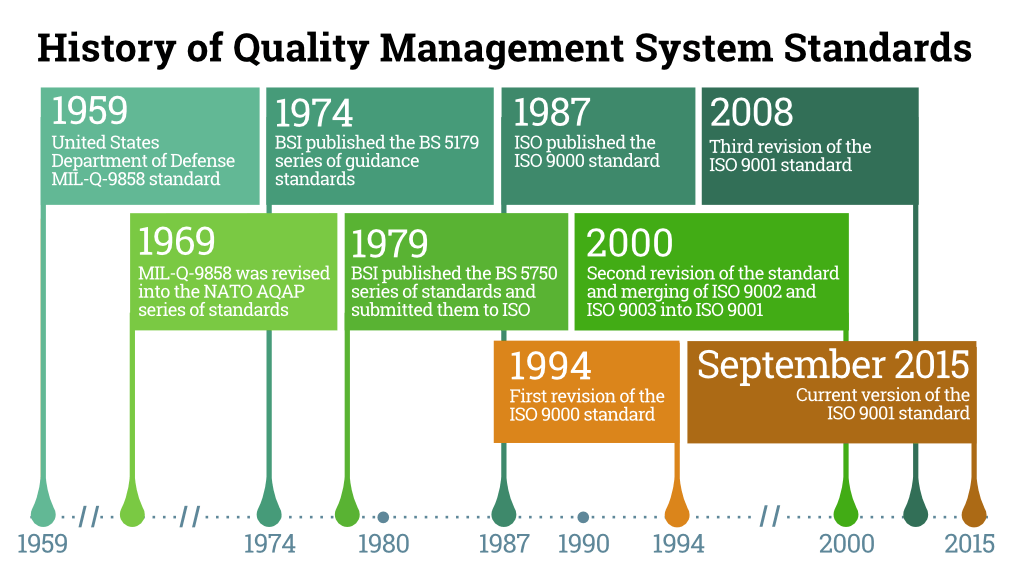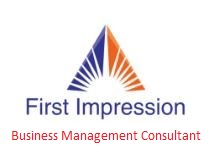ISO Renewal
Every five to 10 years, the International Organization for Standardization reviews the standards in order to keep them up to date. The 2008 revision of the standard is still valid until September 2018. Before that date, all previously certified companies will have to make the transition to the new 2015 revision in order to maintain their registrations.

While you can still certify against ISO 9001:2008 during the transition period, it is expected that in September 2016, leading certification bodies will stop certifying against the old version of the standard. So, if you are considering starting your implementation project right now, we advise implementation of the new 2015 revision.
Actually, ISO 9001:2015 is not so different from the FDIS ISO 9001:2015 published already in July 2015, but it differs significantly from the 2008 version of the standard. In comparison to the old version, the ISO 9001:2015 revision contains various degrees of change in a number of areas. The new standard addresses new concepts and terminology for Quality Management Systems, such as
- Risks and opportunities
- Context of the organization
- Communication
- Documented information
It also provides a more strategic approach to the QMS and emphasizes the inclusion of QMS processes in the performance of day-to-day business. The changes introduce risk-based thinking, and are fundamentally different from the previous version. These processes are now considered to be a vital part of business operations, rather than being added on to normal business practices.
Just a few of the other areas that have seen change with the new standards include:
- Interested parties
- Control of externally provided processes, products and services
- Production and service provision
- Leadership
- Quality objectives and plans for achieving them
- Design and development
What do you need to do to implement the ISO 9001:2015 standard?
It’s in your organization’s best interest to make the transition to ISO 9001:2015 as soon as possible and take advantage of the most up-to-date information. For companies who are adopting the standards for the first time, implementing the 2015 revision will prevent you from wasting time implementing standards that are already obsolete, only to transition to new standards later.
In a competitive market, adopting the new standards will allow you to get ahead of some of your competition, and prevent clients from asking when you are going to make the transition to current standards. This may help place you ahead of other businesses who are waiting to make the transition, and show your clients that you are keeping up with current trends. It is only a matter of time before the new version of ISO 9001 will become a requirement on tenders.
If your business is already compliant with ISO 9001:2008, then you have a great head start.
